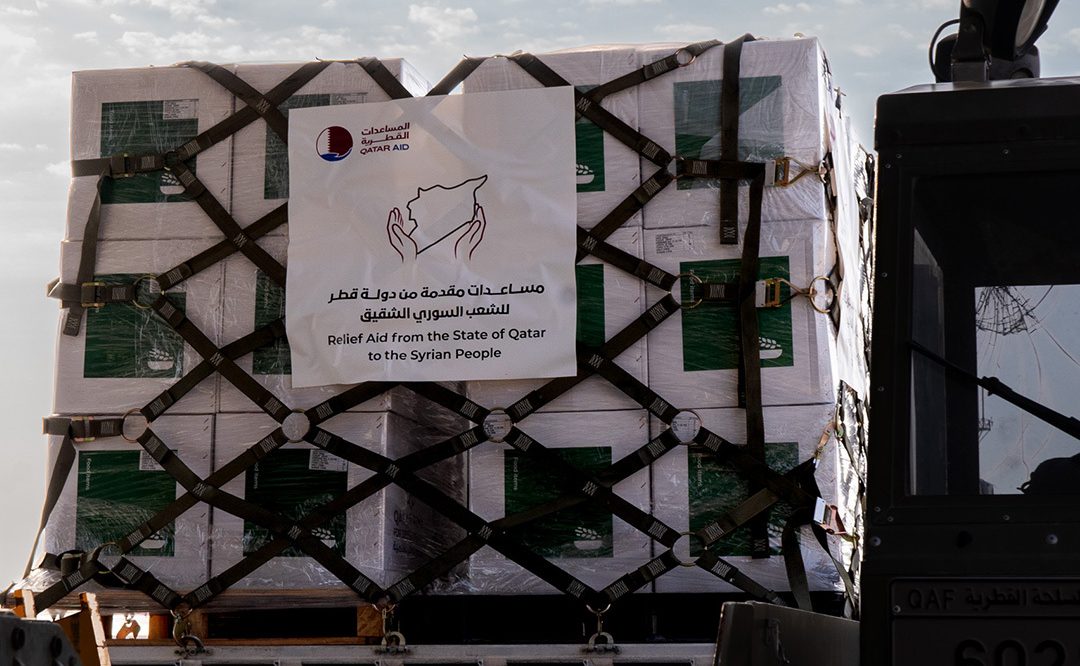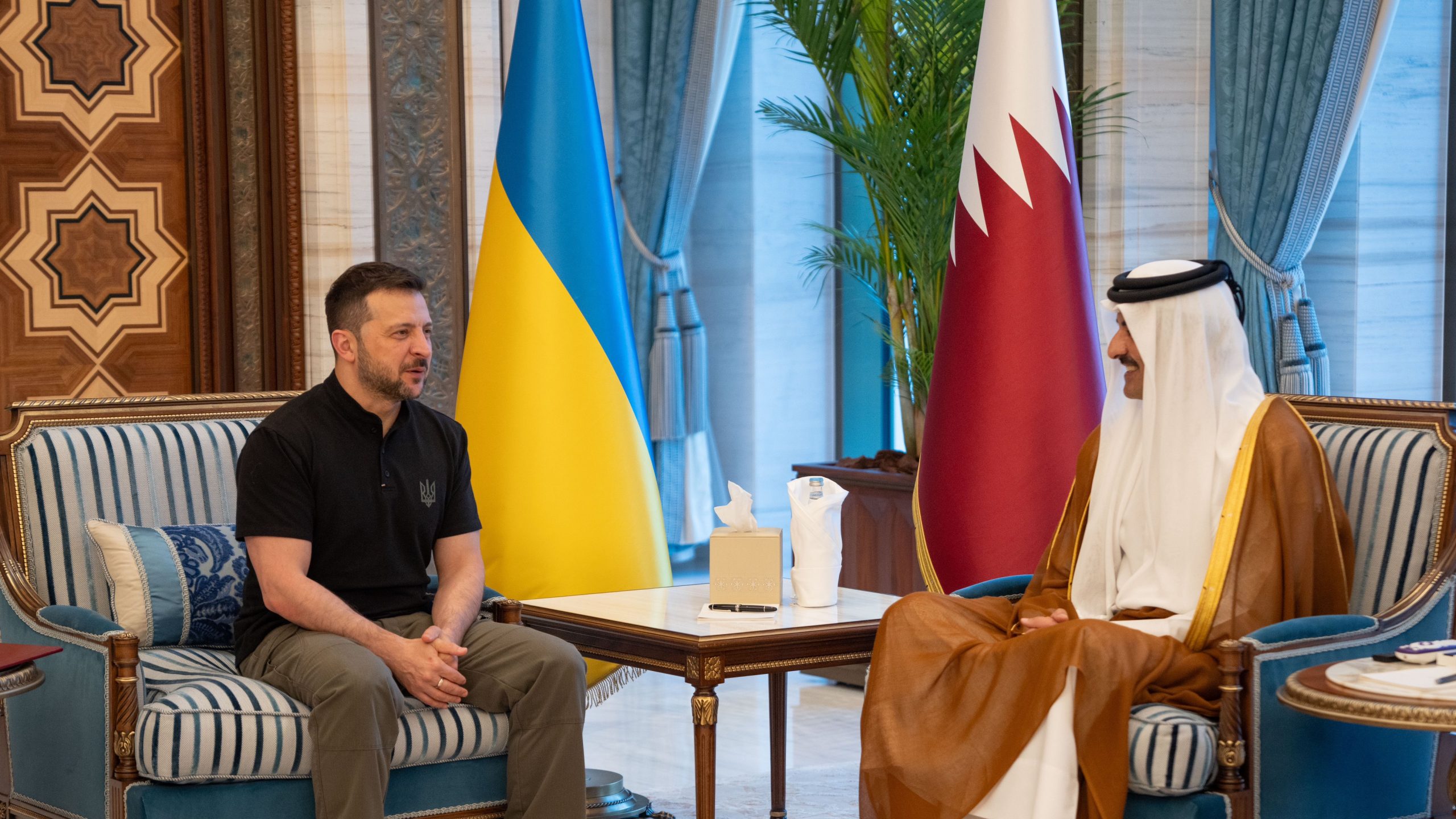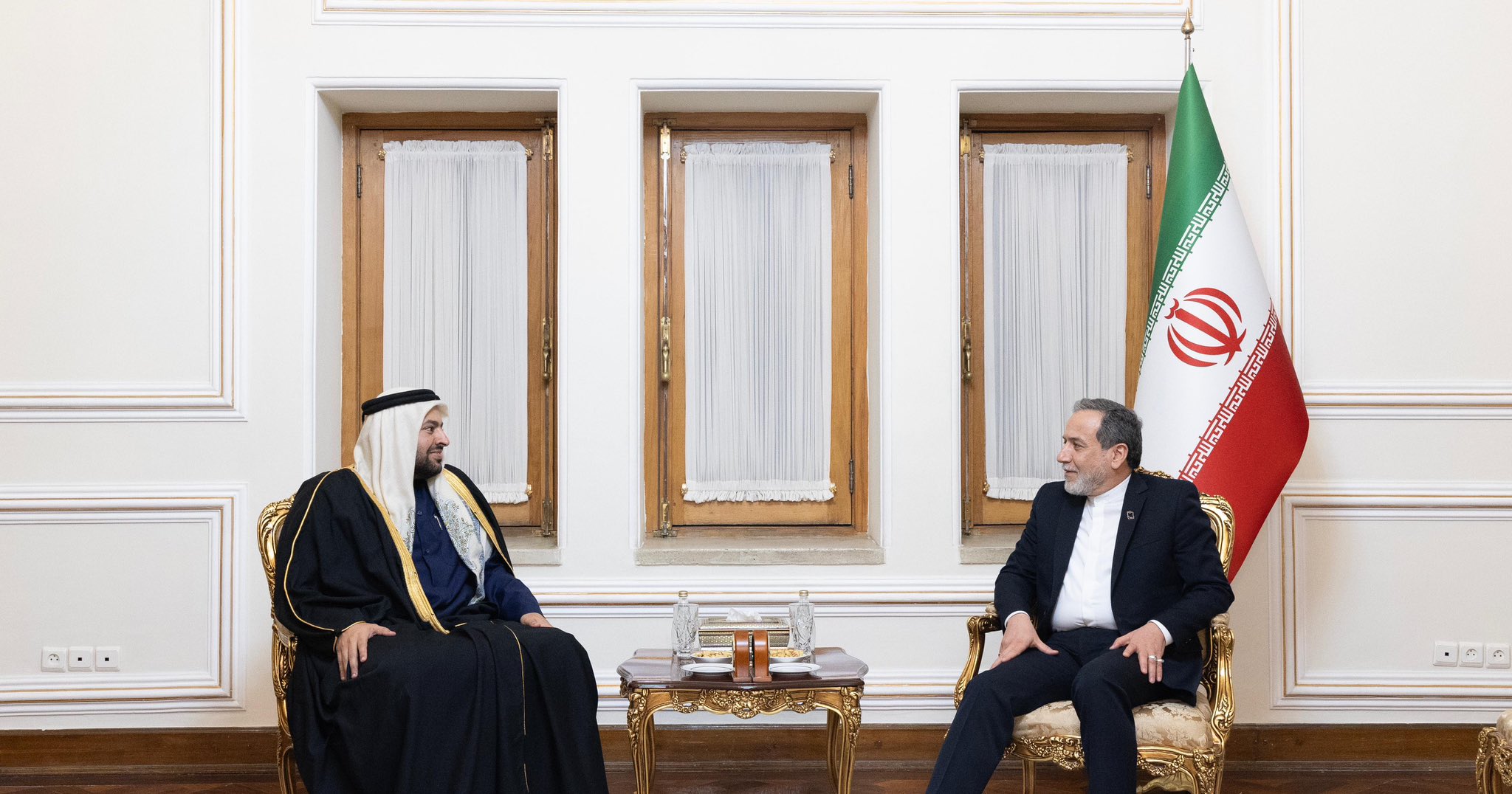
The sudden dismissal of an American journalism professor at a UAE university is making ripples across the Gulf and raising questions about media freedom in the region.
Matt J. Duffy, who taught journalism and media ethics at Zayed University, went public with his story on his blog on Tuesday, saying his contract was terminated suddenly and his residency visa canceled with no reason given other than that it was an order from “outside the organization.”
He added that his wife Ann, who worked with the Abu Dhabi Education Council, had her contract canceled “effective immediately” earlier this summer.
Duffy, who makes clear that his ousting did not come from his employer, cites his lack of self-censorship in the course of his professional work as a possible reason for his family’s hasty exit.
Condolences and questions poured in online as news of Duffy’s departure spread across the Tweetosphere yesterday.
In remarks to Doha News, Jan Keulen, director of the Doha Centre of Media Freedom, said:
The UAE security forces have not given any reason for the forced departure of Dr. Duffy. But it seems a cold wind is blowing in the UAE with the detention lately of over 50 political activists, the closure earlier this year of the Konrad Adenauer Stiftung and other international NGO’s and now the termination of Matt Duffy.
It’s bad news for academic freedom and press freedom in the UAE.
Duffy broke his silence with the post “I’ve been kicked out of the United Arab Emirates,” where he said:
So, I appear to have discovered the limit for the tolerance of academic discourse in the UAE.
During my two-year tenure, my colleagues and others constantly warned me that such a fate could await me. Still, I felt I had a duty as an academic and professor at Zayed University to speak and teach with minimal reservation about my area of expertise—journalism, international media law and communication ethics.
Actions he said may have led to his dismissal include pushing forward standards of journalism, questioning UAE media laws and associating with other outspoken or critical groups.
Lest some cast attacks on him and his work, Duffy also shared the recent termination notice thanking him for his service and a glowing performance review dated April 30, 2012, adding that he still had a year left on his contract.
His ejection from the country is perhaps a lighter sentence compared to the some 50 people who have been arrested – some even stripped of citizenship – as part of what Amnesty International calls the crackdown on dissent in the UAE since March. Most of those detained have been labeled Islamists seeking to destabilize the country.
Groups perceived to be critical of policy in the UAE, including Gallup Abu Dhabi, US-based National Democracy Institute and German think tank Konrad Adenauer Foundation, have also been told to leave.
Parallels for Qatar
The media environments in Qatar and the UAE are not dissimilar.
With both countries holding low rankings on international press freedom indexes and working under media laws that are decades out of date, it’s hard not to ask if the same could happen here.
Indeed, in December of 2009, a firestorm erupted after a longtime Virginia Commonwealth University in Qatar professor made disparaging remarks about locals following National Day.
Lisa Clayton maintains the outcry that ensued, including a Facebook campaign started by her own students, was the reason her contract was quietly not renewed at the end of the semester.
Thoughts?







